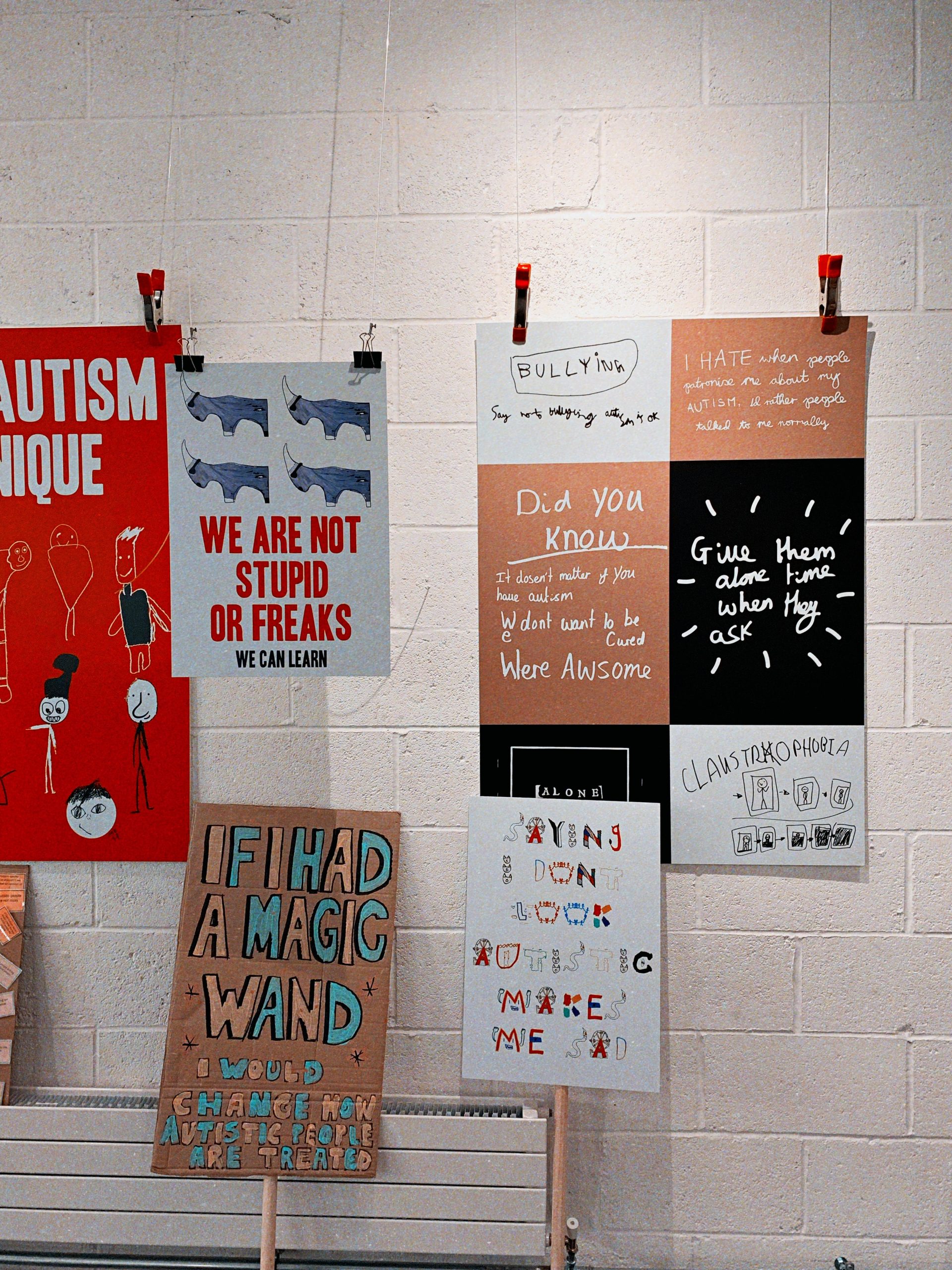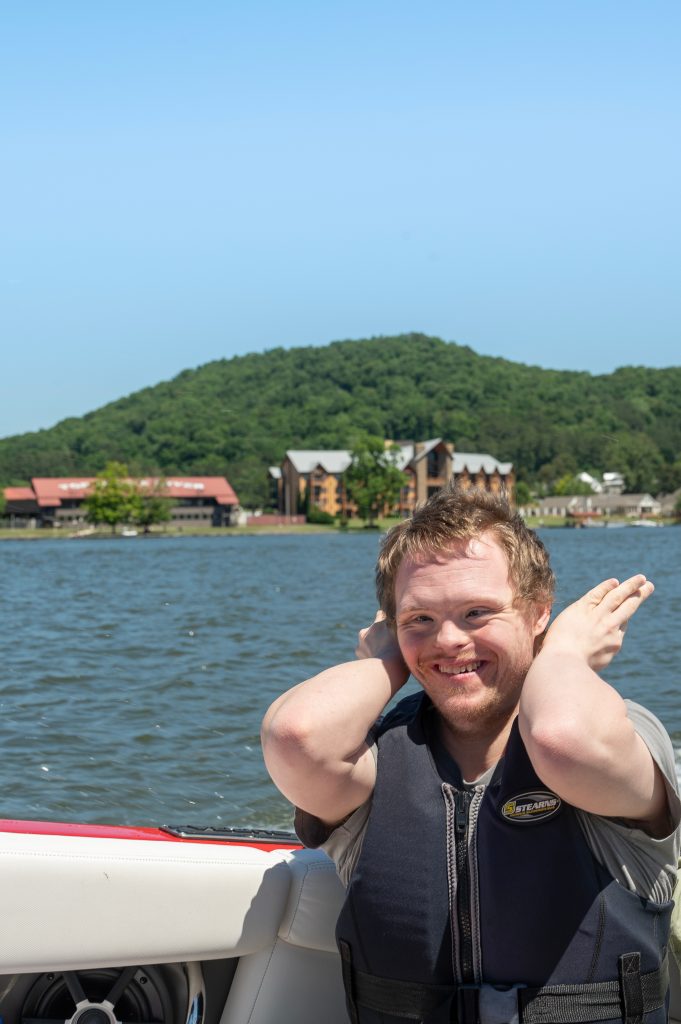Understanding Tourette’s Syndrome and its Impact on Youth
Education & Learning, Feature Articles, Health & Welfare, Psychology, Social & Youth development,

Understanding Tourette’s Syndrome is a complex task as Tourette’s affects every individual differently. Its symptoms are usually misinterpreted as behavioral or emotional problems rather than neurological symptoms.
Tourette’s affects more than 1% of the population in almost all the major cultures of the world. Teenagers and young adults are found to be more susceptible to Tourette’s than older people.
What is Tourette’s Syndrome?
Generally, Tourette’s is a neurological disorder resulting in repetitive, unwanted, and sudden movements or vocal sounds known as tics. On the other hand, others may find the Oxford Handbook of Clinical Medicine’s explanation of TS a bit more empathetic. It defined Tourette’s as explosive, occasionally obscene verbal ejaculations and gestures. It goes on to say that, “there may be a witty, innovatory, phantasmagorical picture with mimicry, antics, and playfulness.”
TS is often considered synonymous with blurting out obscene or abusive remarks, but this tic is called ‘coprolalia’ which only affects 10% of people suffering from Tourette’s. This is what makes understanding Tourette’s Syndrome a complex task.

What are Tics, why is it an important part of understanding Tourette’s syndrome?
Tics are sudden muscle twitches or vocalizations and form the most important part of understanding Tourette’s Syndrome. Tics are basically of 2 types- Motor and Vocal Tics.
- Motor tics could be as simple as sudden and repetitive eye blinking or as complex as an infuriating combination of a head twist and shoulder shrug.
- Similarly, Vocal tics range from simple throat-clearing to complex coprolalia.
Moreover, tics are an uncomfortable urge which drives involuntary movements amounting to relief. Suppressing such urges through voluntary movements amount to buildup and a more aggressive outburst similar to yawning or an itch. It is important to note that though all forms of Tourette’s have tics but not all tics are Tourette’s. Not only Tourette’s but medications or some medical conditions can also cause tics.
Symptoms and Treatments:
A diagnosis with Tourette’s is made in the presence of the following conditions-
- 2 motor tics
- 1 vocal tic
- the duration of these symptoms should be 12 months or more.
As far as treatments are concerned, understanding Tourette’s syndrome has still not led us to the exact causes of its origin. Hence, to date, there isn’t a direct treatment focused on curing TS. However, once diagnosed, there are several ways to control tics and provide relief through proper care and medication. Self-care in Tourette’s is as important as in any other injury or illness. It requires as much care as a broken limb or bone does.

How does Tourette’s affect Youth?
As noted earlier, Tourette’s affects teenagers and young adults way higher than any other age group. The struggle with understanding Tourette’s syndrome lies in not barely noticing the mental health comorbidities of Tourette’s, but also in the physical disability it causes. The painful motor tics render a person helpless in performing everyday chores with ease. Children with TS are prone to punishment for symptoms and behaviors that guardians or mentors find disruptive and deliberate.
Furthermore, the most agonizing part is the distressing internal conflict to suppress the urge that a tic causes, in order to appear “socially appropriate”. This invisible battle is often overlooked as people may find the tics as behavioral deficiencies in a person who can be trained to act in a more poised manner.
- Suffering bullies for something you can’t control is common for people with Tourette’s. In time, the intended comments and hateful remarks may develop into social anxiety.
- TS often gives way to Obsessive-Compulsive Disorders.
- For people with TS, common experiences such as exercise, sports, or public speaking may feel more daunting than their peers.
- Failure to concentrate hampers reading, writing, and memorization, in turn leading to learning disorders.
- Sensory malfunctions- TS disables normal functioning of the sensory organs, hampering taste, touch, smell, sight, and hearing.
- Tourette’s often causes stress, anxiety, and depression as the secondary effects arising out of tics can be infuriating and cause irritability.
The road ahead after understanding Tourette’s syndrome:
The next step after understanding Tourette’s syndrome is to acknowledge the fact that Tourette’s isn’t as much discussed as a disability as any other physical comorbidity or mental health disorder. The discussion around (Tourette’s Syndrome) TS is about something alienated from regular disorders, which is not likely to be encountered by our loved ones. When in reality it is as much a neurological dysfunction as any other condition such as ADHD or PTSD.
Points to remember:
- People with TS feel the harshness of exclusion, for not being qualified as a serious dysfunction even though Tourette’s can hamper everyday life as much as any other disability. The requirement is not of special treatment, but of recognition.
- Not all people with Tourette’s blurt out curses or obscenities.
- TS causes tics, not all tics are Tourette’s.
- TS may lead to ADHD and OCD, as TS drives obsessive thoughts, hyperactivity, and difficulty in concentration.
- The tics are involuntary and are not responsive to control and suppression. The suppressed urge may lead to even more exaggerated ejaculation.

Conclusion:
Tourette’s is often a package deal that comes with several problems. The key to dealing with TS is to understand that it may form a part of our life, but it is not our entire life. There is much more to life than Tourette’s and tics. Respecting oneself is the first step towards acceptance and for people to recognise and respect us.
It is equally important to treat people with respect and see them beside their disabilities. We are never aware of what the other person is suffering, so it’s always better to keep our remarks and comments in check. It’s not that hard to make the world a better place. We may not choose what happens to us, but we may choose how we treat ourselves and others.
References:
Tags: Anxiety, depression, Mental Health, Personality Development, Psychology, tourette's Syndrome, Youth Development, youth mental health,









